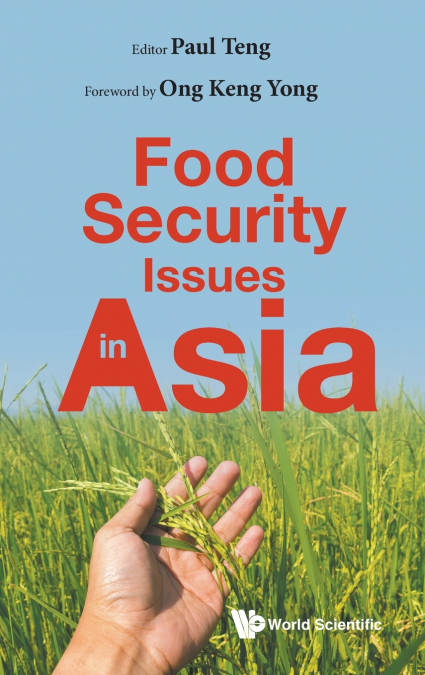
Paul Teng / TENG PAUL
Asia is not only the largest producer of important food items like rice and vegetable oil, but also the largest importer of commodities like soybeans and corn. Additionally, more than half the world’s population lives in Asia and thus the largest number of food insecure people are also in Asia. Food security is therefore a matter of paramount importance in Asia.This is the only book of its kind that will explore the range of important issues affecting food security in Asia since the onset of the COVID-19 pandemic. Highlights include discussions on the current state of production on food of vital importance to Asia such as rice, vegetable and fish, as well as information on their future trends in production and consumption. Two case studies are presented on how the two most populous countries in Asia - China and India - have tackled their food security. Topics which are an integral part of food security and not often addressed in a food security book include nutrition security, novel foods and food waste valorization. This is also the only book about Asian food security which will include specific chapters on the technologies that are likely to determine the future of food security in Asia, as exemplified by digital technology, biotechnology, physical technology like recirculating aquaculture systems, nutrition enhancing technology, and urban agriculture.Organized into four themes, the issues captured here are of special importance to Asian decision makers in policy, research, development, investment and education in the 'new normal' post-pandemic. As Asia is inextricably linked to the global food and trading systems, Food Security Issues in Asia will also be of interest to those outside the Asian region who need to understand Asian food security.